Easy to Peel Hard Boiled Eggs on Youtube
Whether you're looking to top a salad, fill out a bowl of ramen, decorate for Easter, or have some ready-to-go breakfast or snack foods on hand, it's hard to beat a hard-boiled egg. Not only are they delicious, but they're also full of protein, and easy to make.
Once you've learned how to make perfect hard-boiled eggs, however, comes the difficult part: figuring out how to peel the darned things. Who hasn't tried peeling one or two dozen beautifully dyed Easter eggs, and found themselves cursing over impossibly stuck-on shells and chunks coming out of the white? Maybe you're trying to make a big batch of deviled eggs for a family picnic and they turn out so awful you have to make egg salad instead. How can you avoid the annoyance of trying to peel the shell off but end up peeling half the egg off with it?
This content is imported from poll. You may be able to find the same content in another format, or you may be able to find more information, at their web site.
While there's no way to ensure every egg ends up perfectly peelable, these easy tips will help you achieve a more peelable hard-boiled egg most of the time. Some revolve around prepping the egg for peeling, and others around prepping it for boiling, but all will help the keep the shell from sticking so firmly to the white.
Add eggs after the water boils.
Putting your eggs into a pot of cold water and then boiling them is a recipe for egg-peeling disaster, says the New York Times. The problem with starting your eggs out in cold water is that the gradual change in temperature causes the egg's proteins to stick to the membrane of the shell more than when dropped in hot water.
Therefore, the best method for cooking easy-to-peel eggs is either adding them to the pot after the water has reached a gentle boil or steaming them over an inch of boiling water. If boiling, it's always recommended to make sure there's an inch of water above the eggs once in the pot.
Use salt when boiling the eggs.
According to NBC, one easy trick that might help while boiling your eggs is to add some salt to the pot. They recommend adding 1/3 to 1/2 cups of salt to a pot of water before boiling to aid your peeling woes. Others suggest using vinegar in your boiling water for better results, but this can make your eggs look discolored instead of pearly white.
Consider the age of the eggs.
Some people swear by the trick that older eggs make for easily peeled hard-boiled eggs. The recommended time to store your eggs before boiling is between one and two weeks. So if you know you're going to hard boil eggs for an event like Easter, plan ahead and make sure to buy your eggs in advance.
However, where you buy them might affect how long you should keep them stored. For instance, Today reports that most eggs sold in supermarkets have spent up to 30 days from the time they were laid to the time they make it to the store and have another 30 days until they expire. So, if you pick up a carton at a chain grocery store, odds are that they should be fine to boil. But if you get your eggs fresh from a nearby farm, farmer's market, or maybe even your backyard, give those eggs some time before boiling.
Still, you might take this tip with a grain of salt. In the New York Times's experiment with finding the ultimate way to boil and peel a hard-boiled egg, they found that eggs fresh from the farm and eggs from the store peeled with similar ease.
Submerge eggs in an ice water bath.
Many recommend putting your newly hard-boiled eggs in an ice water bath for at least five minutes and up to 15 minutes. This method is supposed to cool and harden the eggs quickly, making them not only easier to peel but also easier to handle. Peeling them directly from the ice bath instead of storing and peeling later might give the best results.
A quick tip is to crack your eggs before putting them in the ice bath, because the cold water will help the egg whites to harden separated from the shell a bit. Today recommends doing this by returning the eggs back to the pot after dumping the boiling water and gently shaking the eggs against the pot, moving it back and forth. Be aware though: when The New York Times tested this, they actually found the ice bath made it harder to peel the eggs.
Peel from the wider end.
Once your eggs are cool, peel the shell off from the larger end. Because that's where the air pocket is located, it'll be much easier to slip your fingers underneath the shell and remove it in larger pieces. One trick is to slip a spoon under the shell at the bottom once you've made an opening with your fingers. Guide the spoon along the curve of the egg until the shell pops off.
Peel under running water.
If you're still struggling, peel the eggs under cold running water, which will help separate the shell from the egg. For a more eco-friendly solution than keeping your tap running, you can just peel the eggs in a water bath. The water will have the same effect of slipping under the shell and helping dislodge the egg.
This content is imported from OpenWeb. You may be able to find the same content in another format, or you may be able to find more information, at their web site.
Source: https://www.countryliving.com/food-drinks/a19141713/how-to-peel-hard-boiled-eggs/


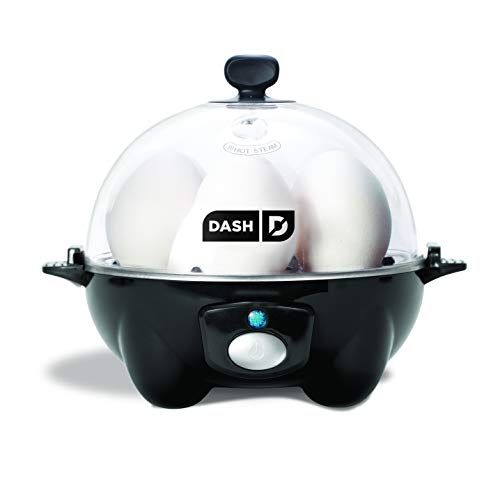
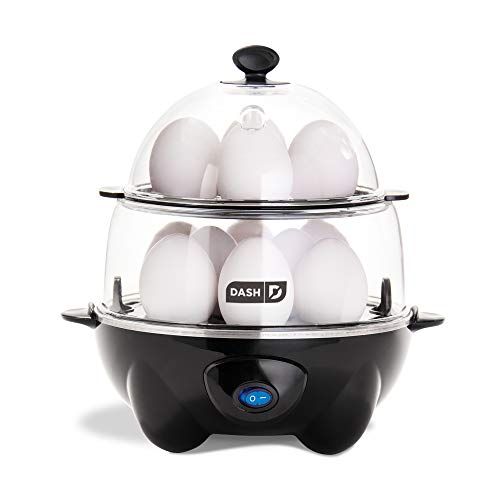
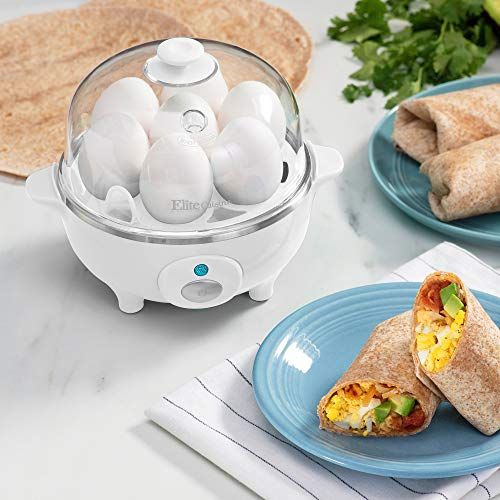
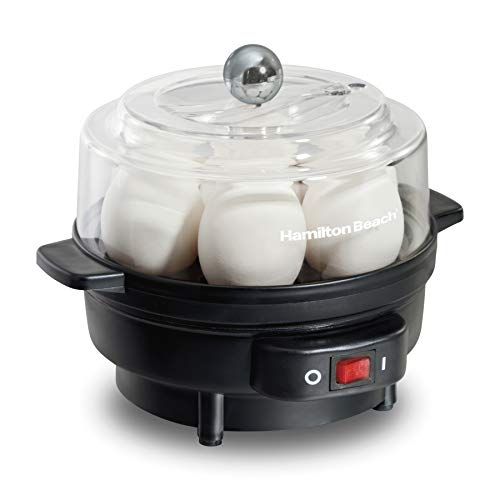



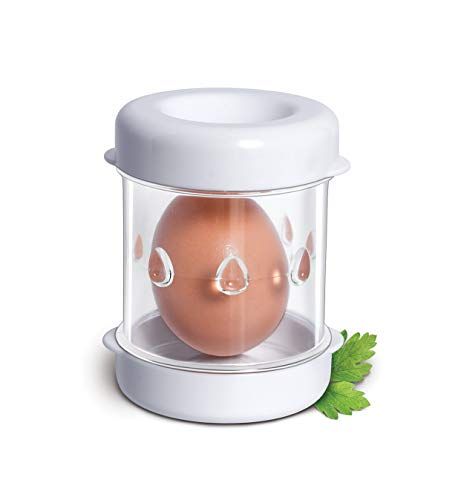
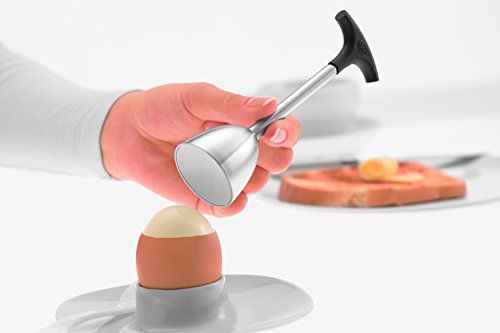
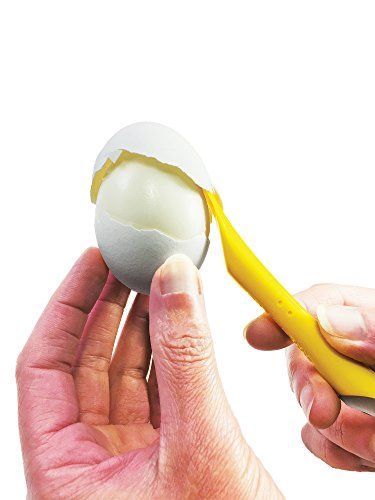
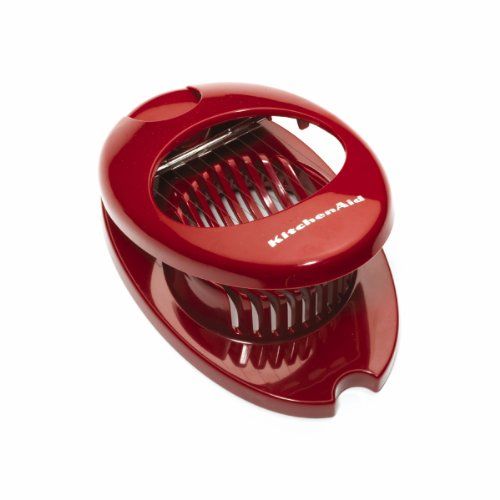


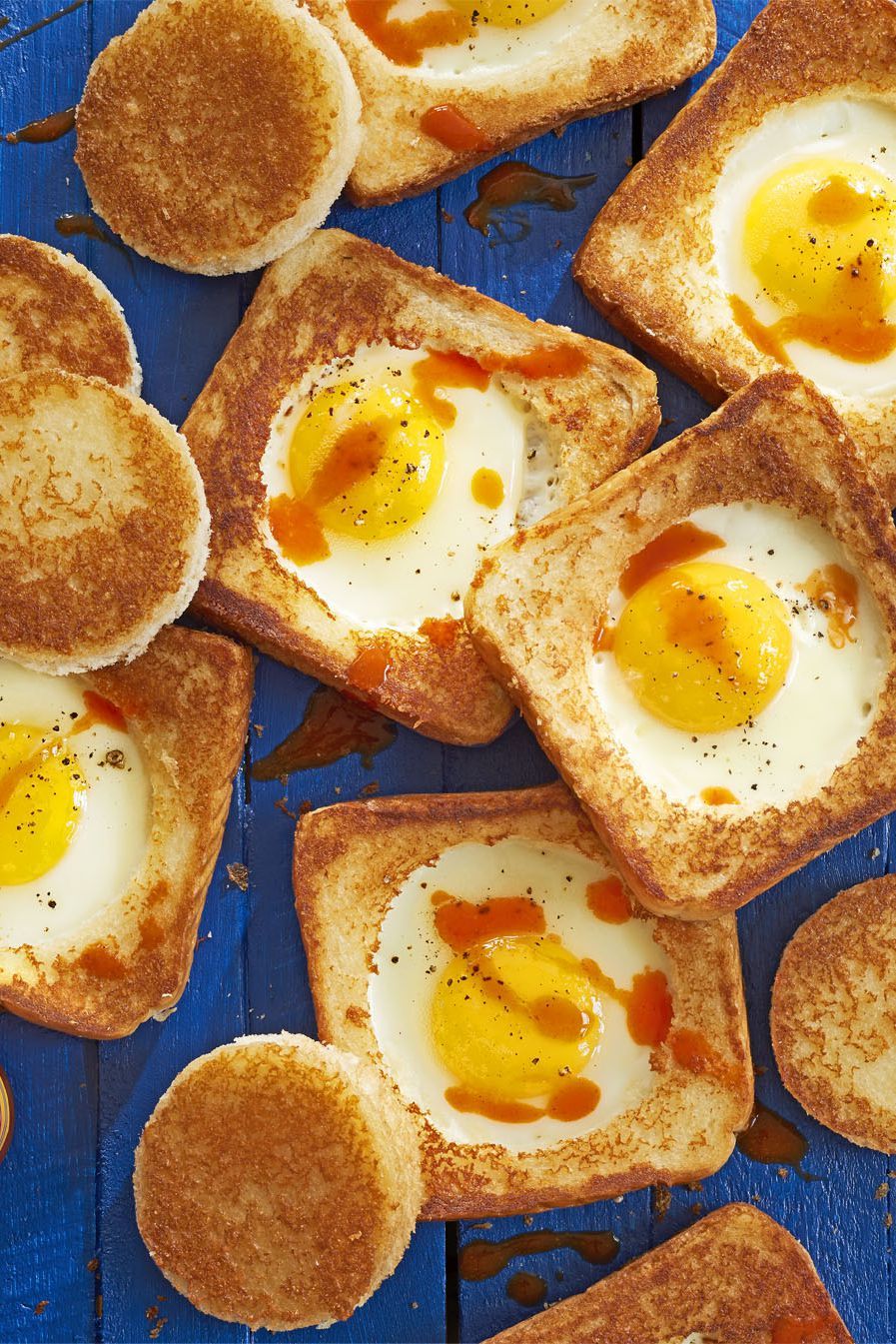

0 Response to "Easy to Peel Hard Boiled Eggs on Youtube"
Post a Comment